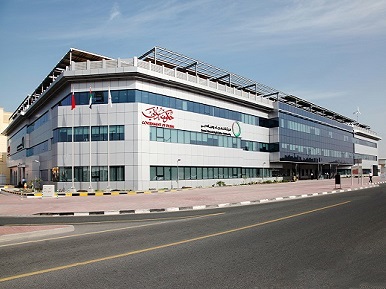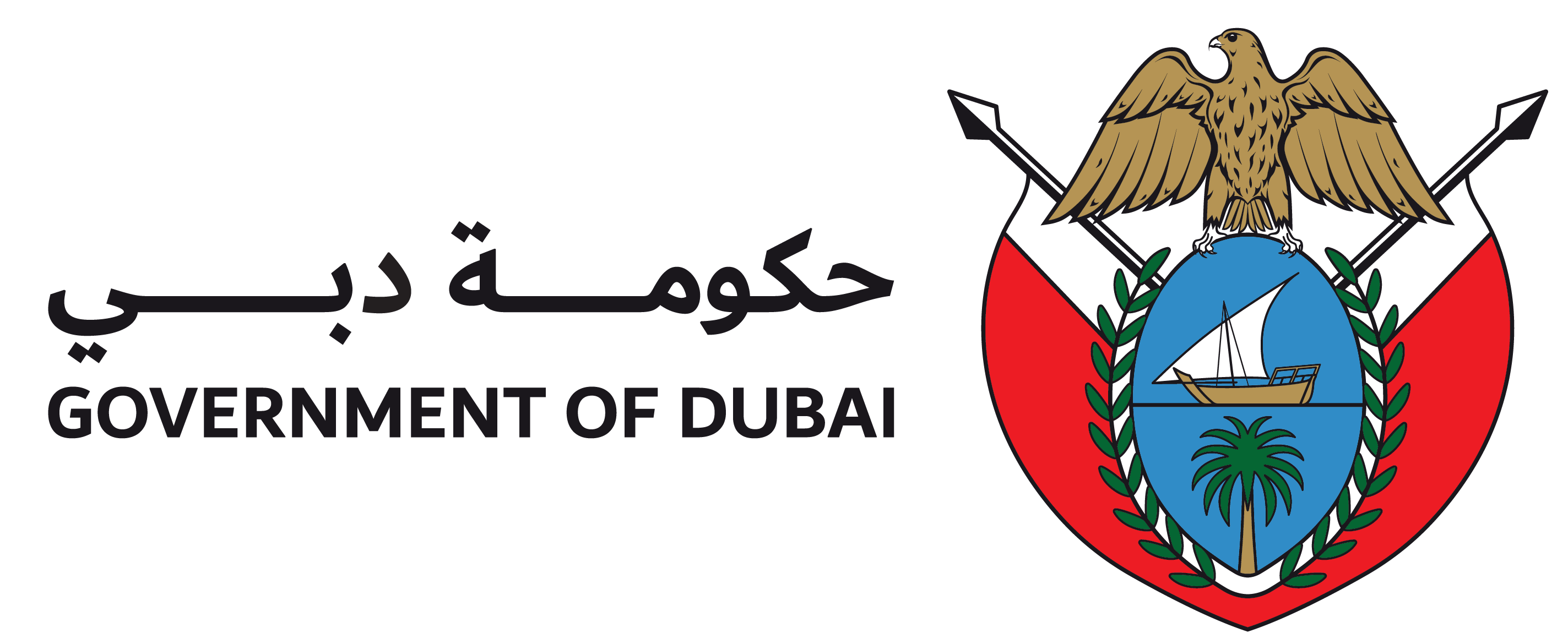Dubai Supreme Council of Energy joins UN’s BEA partnership to double rate of building energy efficiency by 2030

Dubai Supreme Council of Energy has joined the Building Efficiency Accelerator (BEA) partnership, launched by the United Nations (UN), to double the rate of energy efficiency by 2030. Building efficiency policies can result in 25-50% reductions in energy demand from both new and existing buildings, saving money and reducing pollution.
“DEWA adopts a clear vision based on sustainability, and develops plans and objectives according to the highest standards of efficiency. Through the Dubai Clean Energy Strategy 2050, we are working to diversify Dubai’s energy mix and increase our use of clean energy sources. We work to enhance innovation and creativity in renewable energy, sustainability, and the environment, while promoting energy efficiency as the key to reducing the carbon footprint of each individual, transforming Dubai into the city with the lowest carbon footprint on Earth,” said HE Saeed Mohammed Al Tayer, Vice Chairman of the Dubai Supreme Council of Energy.
“Dubai is one of 12 new cities to join the BEA programme, making a total of 23 cities. This reflects our commitment to a healthier, more productive, and greener future. By joining BEA, Dubai now has access to a global network of 30 businesses, government organisations, and technical experts who specialise in improving building energy efficiency. BEA supports local collaboration and planning to improve buildings, lower energy costs and make people more comfortable and productive at home, and in the workplace,” added Al Tayer.
“According to a recent report released by the International Renewable Energy Agency (IRENA), the global rationalisation of consumption and management of energy demand has received a total annual investment of USD385 billion. This investment is expected to increase to USD5.8 trillion by 2030, with USD125 billion being spent on buildings alone by 2020, as buildings are one of the largest consumers of energy,” said Al Tayer.
Dubai is committed to speeding up the implementation of BEA, to reduce emissions caused by the building sector, while monitoring its progress. Measures will include updating policies and building codes, developing more creative techniques to enhance efficiency, rehabilitation of existing buildings such as hospitals, schools, and government buildings, and setting regulations for energy use within buildings. The building sector accounts for about one-third of global energy use and one-quarter of greenhouse gas (GHG) emissions. Building efficiency is one of the most cost-effective ways a city can reduce its GHG while benefiting the economy. For every USD1 invested in efficiency, USD2 are saved in new electricity generation and distribution costs.
“The BEA is an important programme for Dubai to achieve the Dubai Integrated Energy Strategy 2030 to reduce 30% of energy demand by 2030 and the demand side management programmes including building retrofit, , particularly in energy security, and renewable energy,” said HE Ahmed Buti Al Muhairbi, Secretary General of the Dubai Supreme Council of Energy.
“We are pleased to join BEA, which will help to foster a culture of efficiency in existing and new buildings through best practices and learning from other city experiences to ensure a sustainable environment for future generations,” added Al Muhairbi.
“I am delighted to announce that 12 more cities and states are prioritising building efficiency as a way to unlock a better, more sustainable future. The BEA partnership brings technical experts together with local governments to improve policies, deliver more efficient buildings and technologies, and transform cities,” said Jennifer Layke, Director of the Building Efficiency Initiative at the WRI Ross Center for Sustainable Cities.
“These cities and states have shown a commitment toward a more efficient future that deserves to be applauded. Most of them are in countries we have identified as key to unlocking the energy transition and championing more efficient and productive ways of using energy. Reducing the energy use and demand of buildings is the most cost-effective way for cities to reach a low-carbon future – and Sustainable Energy for All stands ready to help them unlock the investment needed to go even further,” said Sandrine Dixson-Declève, Chief Partnership Officer of Sustainable Energy for All.
New cities that have joined the BEA programme include Dubai, Belgrade in Serbia, Bogotá in Colombia, Eskişehir in Turkey, Medellin in Colombia, Porto Alegre in Brazil, Riga in Latvia, Santa Rosa in the Philippines, Tshwane in South Africa; and Coimbatore, Rajkot and Shimla in India.


